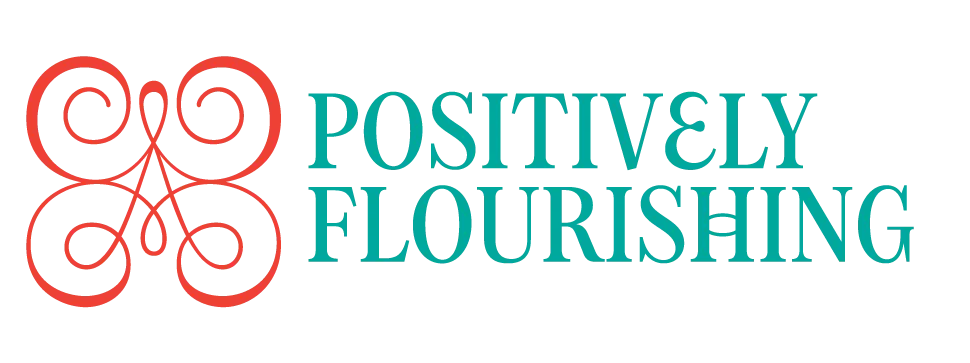Letting Go When You're the One Doing It All
For the single parents doing more than their share

When you're a single parent and an educator (or other caring profession), it can feel like you're the glue holding everything, and everyone, together. You're managing the logistics of life, the emotional labour of parenting, and the unspoken hope that maybe, just maybe, the other parent will step in a little more if you just get the balance right. If you stay agreeable. If you don’t rock the boat.
But the truth is: you can’t manage someone else into being reliable. You can’t twist yourself into a version of ‘pleasant enough’ to guarantee your child gets what they need from someone else. That’s not control - it’s emotional contortion. And over time, it costs you.
You start swallowing your frustrations. Avoiding conflict. Patching up the cracks so your child doesn’t see them. And in doing so, you teach them, without meaning to, that being loved means tolerating too much. That their needs must always come second to someone else’s comfort. That love is earned through over-functioning.
We know from decades of research in psychology that children learn through modelling (Bandura, 1977). Your child will internalise what they observe. If you always say yes when you mean no, never ask for help, and stay silent to keep the peace, your child learns those are the terms for being loved and safe.
But it doesn’t have to be that way.
The Greatest Gift
What if the most powerful thing you could do for your child was not to keep everything together, but to let a few things go? What if you allowed them to see you set a boundary, honour your needs, and show that being human is not a flaw...but a fact? Sometimes, the greatest gift you can give your child is not the illusion of an intact situation, but the truth that it's OK to be disappointed, to have needs, and to see clearly. Because clarity is more comforting in the long run than false hope.
What if, instead of striving to protect them from every disappointment, you modelled how to walk through it with grace and self-respect?
Model Boundaries
It might mean fewer big gestures and more quiet courage. It might look like saying, “I can’t do that right now,” or “That’s not OK with me,” or even, “I’m feeling hurt.” And when your child sees that, they don’t see failure - they see truth. They see a parent who doesn’t just talk about values but lives them.
If they see you pausing, resting, saying “not today,” or “this is enough,” they are learning vital lessons: That love doesn’t mean self-abandonment. That strength includes softness. That worth isn’t measured by productivity. And that one person doesn’t need to carry it all.
This is not about becoming perfect at boundaries overnight. It’s about noticing when you’re negotiating your needs in the hope someone else will meet theirs. It’s about catching those internal scripts: If I stay on good terms with their other parent, maybe they’ll show up for parent–teacher night. If I don’t mention how let down I felt, maybe next time will be different.
It’s understandable. It’s human. But it’s not sustainable.
What is sustainable is redirecting your energy: away from fixing, towards modelling. Away from managing their absence, towards showing up for yourself. Because when you value your own wellbeing, you give your child permission to do the same in their life, years from now, when someone else asks too much of them.
Self-Care Isn't Selfish
Letting go of control isn’t selfish. It’s not giving up. It’s choosing to invest your limited energy into what you can shape: your own integrity, your wellbeing, your boundaries.
And you do it not in spite of your child.
You do it for them.
Because the greater gift isn’t shielding them from every hardship: it’s showing them how to stay whole in the face of it.
And that starts with you.
Reflection
Find a quiet space. You may wish to have a cup of tea, a journal, or some soft background music. Take 10-15 minutes to reflect honestly, without judgement. You’re not aiming for perfection. You’re noticing patterns.
1. What am I currently modelling for my child about:
- Setting boundaries?
- Asking for help?
- Valuing myself?
- Handling disappointment?
- Letting go of control?
2. Which behaviours or beliefs might I be unconsciously passing on?
(e.g., “I must be the one who holds everything together”; “If I upset someone, I'm failing as a parent”; “I’m not allowed to need things too.”)
3. What do I want my child to believe about:
- Their self-worth?
- How to handle relationships?
- Their right to rest?
- What love looks like?
4. What is one small shift I can make this week that aligns with the kind of role model I want to be?
(It could be a boundary, a moment of self-compassion, asking for support, or saying “no” without guilt.)
